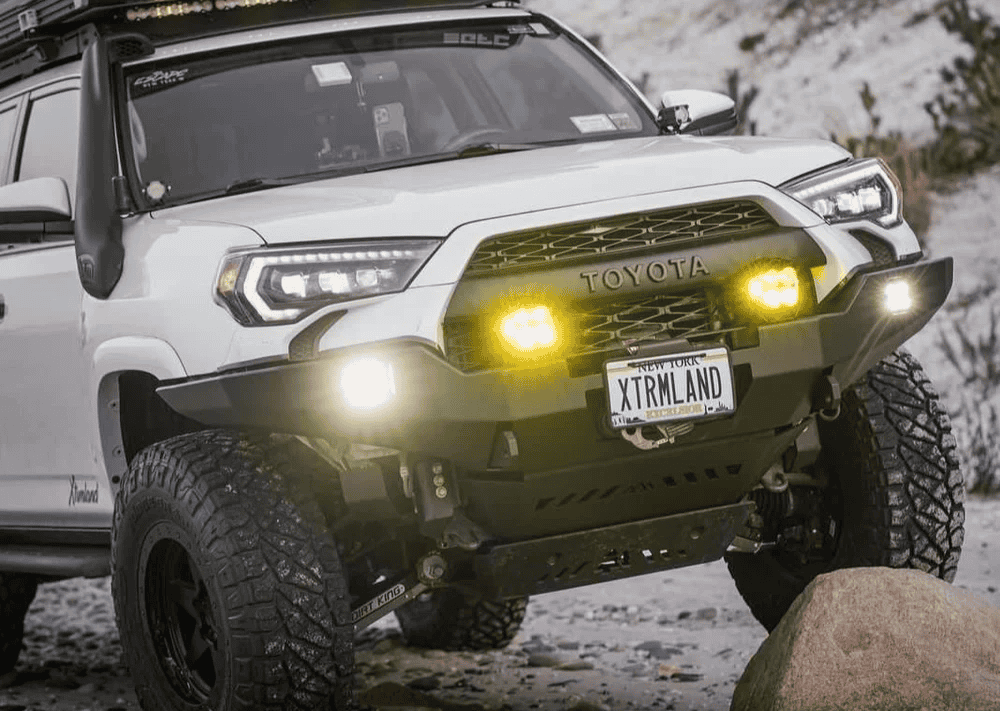Overland Vehicles

Financing an overland build typically spans two buckets: the platform and the upfit. The platform might be a van, truck, or towable that a lender can title and secure. The upfit includes electrical systems, water, heat and air, cabinetry, insulation, recovery gear, racks, and other equipment. A thorough budget accounts for labor, parts, taxes, registration, and insurance changes after the build. Many owners also include tires, suspension tuning, and lighting, which add meaningful value and capability. The more precise your scope, the easier it is for a lender to evaluate risk and for you to avoid mid build surprises.
Rates reflect credit score, collateral, and loan type. Secured loans often carry the best pricing and longer terms, while unsecured loans cost more but fund quickly. Expect terms from two to seven years for vehicle backed notes, and two to five years for many personal loans. A reasonable down payment narrows loan to value and can lower monthly payments. Always confirm fees, prepayment rules, and whether the lender will fund in stages to match the build timeline.
Underwriting focuses on your history and the asset. Credit score signals how you manage payments. Debt to income shows room in your budget for a new note. Proof of income, bank statements, and stable employment support the case. Lenders also want clarity on the upfit, including parts lists, serial numbers for high value components, and a signed estimate that ties to staged milestones. When the platform is titled, the lender will verify value through guides or appraisals to confirm loan to value is reasonable.
Successful projects align money flow with shop milestones. A common approach uses a deposit to reserve parts and production, progress payments at defined phases, and a final payment at handoff. This reduces risk for both parties and helps lenders release funds with confidence. Keep a five to ten percent buffer for revisions or backordered components. Confirm how the title will list lienholders and how the final invoice reflects the finished value for insurance. If you plan to travel immediately, set the first payment date after delivery to avoid overlap with lodging or transport costs.
Think beyond day one. Total cost of ownership includes tires, fluids, maintenance, and consumables like filters or water treatment. Insurance may change after the upfit, so request quotes early. If you are all electric for camp power, plan for battery replacement years down the road. Consider fuel or charging costs for your typical mileage, and set aside funds for upgrades as your travel style evolves. A well maintained build holds value better, which can help if you refinance or sell later.
A seasoned builder can smooth the financing path by delivering lender ready documentation, predictable draw schedules, and a clean handoff. That is where OZK Customs comes in. Our team scopes realistic builds, outlines milestones that align with funding, and prepares clear invoices that underwriters understand. If you are exploring platforms or want to see capability tiers, browse our overland rigs for ideas on layouts, systems, and packages. When you are ready to translate a concept into parts and labor, our custom overland upfit page shows how we handle design, power, water, storage, and recovery gear with professional installation. For a look at process, culture, and reviews that speak to build quality, visit why choose OZK Customs.
Looking to move from research to a real plan? Share your budget range, target payment, and travel goals. We will translate that into a transparent estimate, a staged timeline, and a build that fits your financing so you can focus on the miles ahead.
Ready to map budget to build? Tell us your goals, timeline, and target payment. OZK Customs will scope your overland rig, structure lender friendly documentation, and schedule a build that fits your financing. Submit the form to start your estimate and prebuild planning.
ADDRESS:
6159 E Huntsville Rd, Fayetteville, AR 72701
PHONE:
(479) 326-9200
EMAIL:
info@ozkvans.com